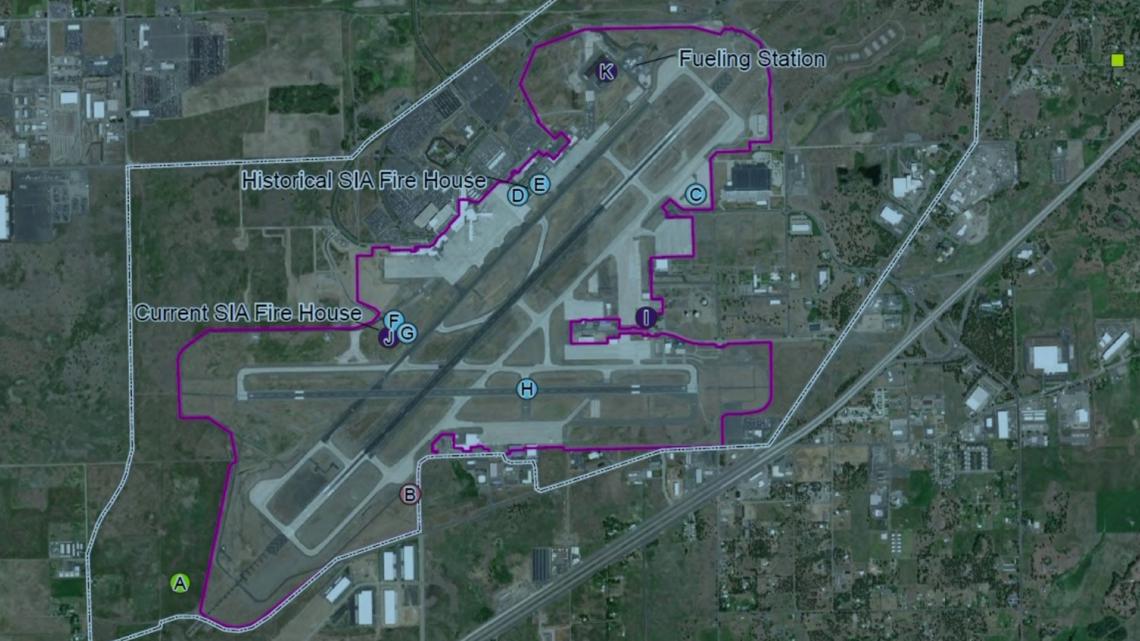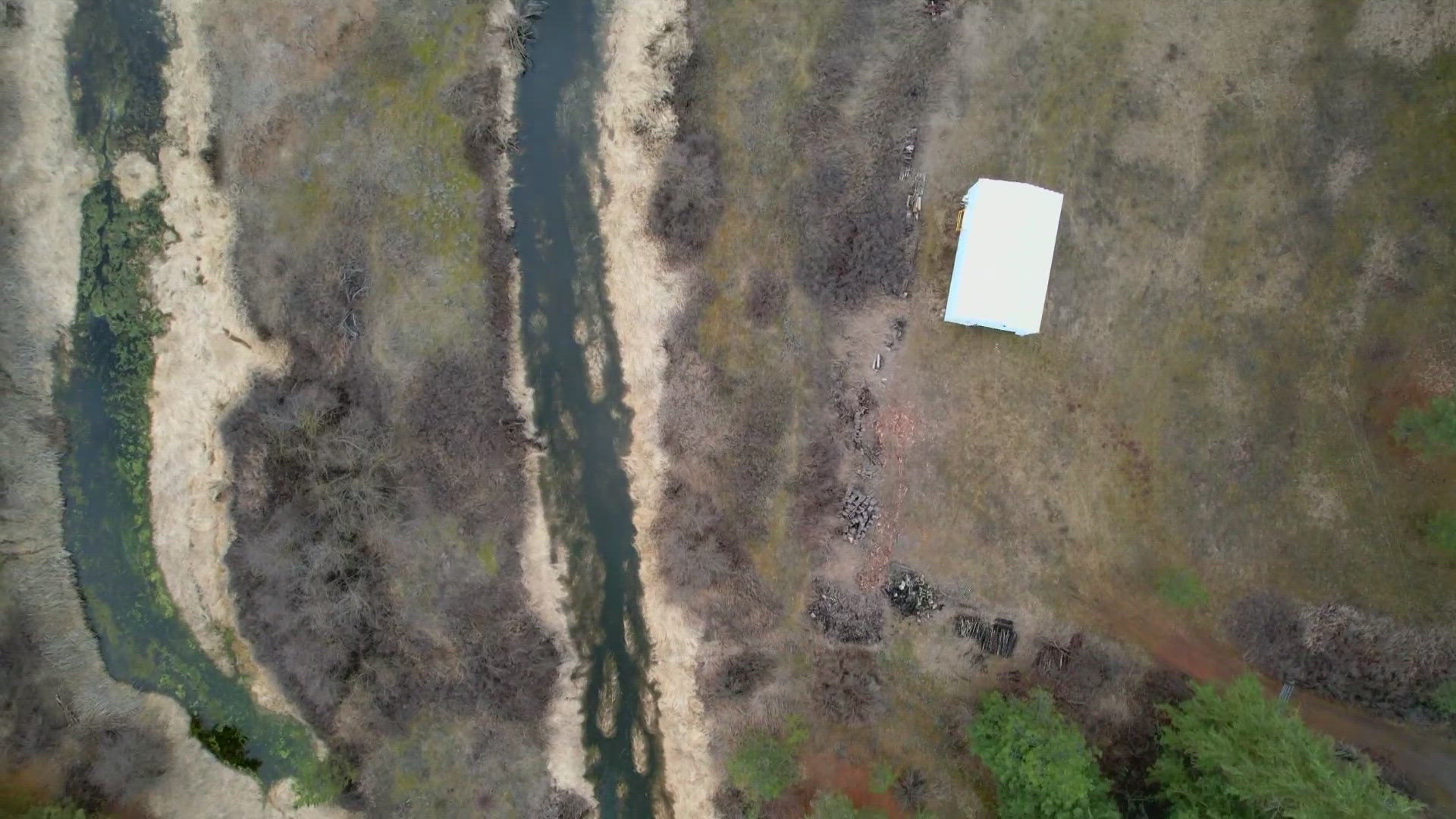SPOKANE, Wash. — The Spokane International Airport released its first PFAs report following a mandatory order back in March from the State Department of Ecology.
It maps out the sites of PFAs contamination on airport operational property.
The report identifies 10 areas with either known or probable PFAs contamination. Many of those locations are where the airport used or stored firefighting foam.
The map from the report shows the contamination sites, including two maintenance areas, a hangar, the historical firehouse, a joint military burn pit, an air national guard operations site and the southeast area of the business park.


Those were all where the foam was used or stored.
The report also said there are three contamination sites where there was no known use of the foam. The airport intends to investigate further.
Those include the site where a bomber plane crashed in 1994 and two spots used for training.
Eastern Washington University professor Chad Pritchard said the initial assessment helps us understand how wide-spread the contamination may be.
"Normally we'd have a municipal water source that we could just filter the water from that municipal source and be good," Pritchard said. "But in this situation, we've got a lot of different residents with private wells that they drink water every day. So it's important to delineate where this PFAS is going, where the sources are, so that we can find funding."
The next step is to take samples from all those areas and test them for PFAs levels.
The airport is now on deadline. It must submit a draft of its plan to investigate and analyze water samples to the department of ecology by next week.
The goal is to make sure everyone on private wells has the filtration systems to get clean drinking water.
Pritchard said anyone outside the current contamination zones who thinks they may be impacted can contact him at cpritchard@ewu.edu.
As for the airport, it says it's working with a team of national experts on a data driven investigation and will provide and will provide environmental updates.

